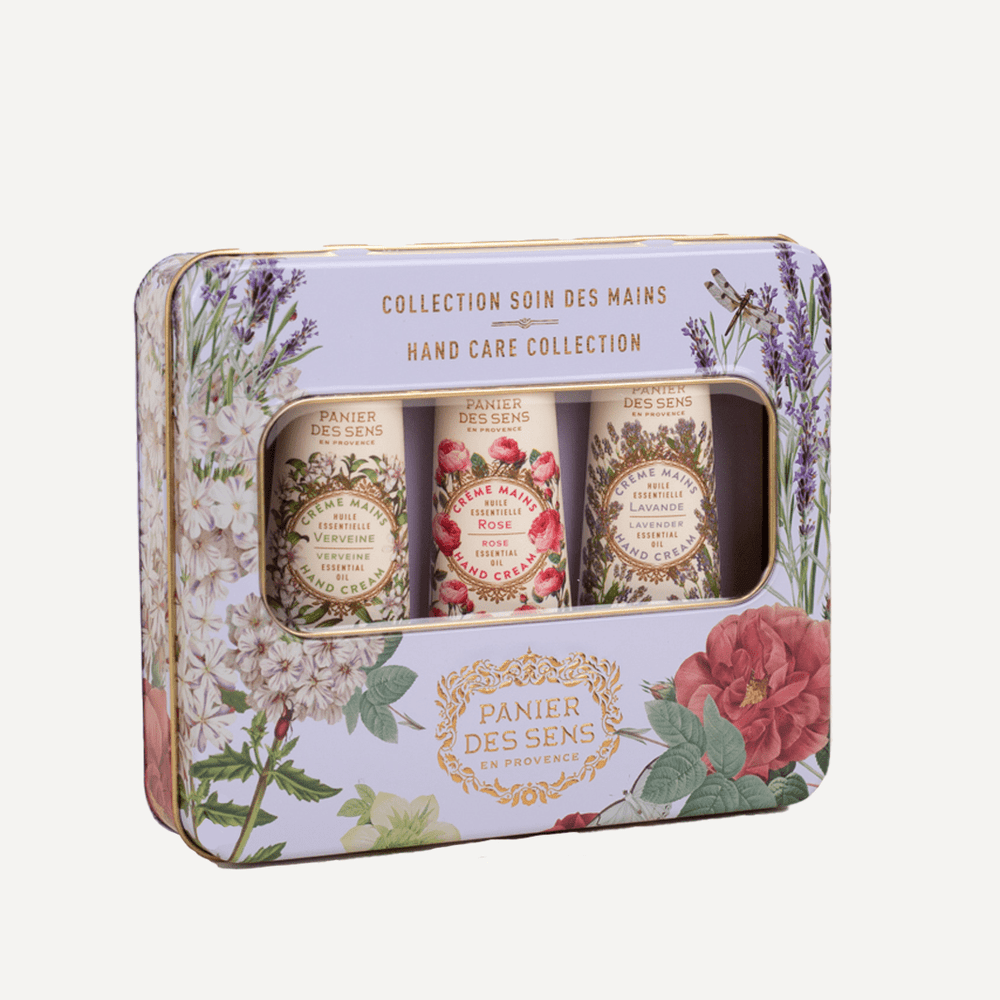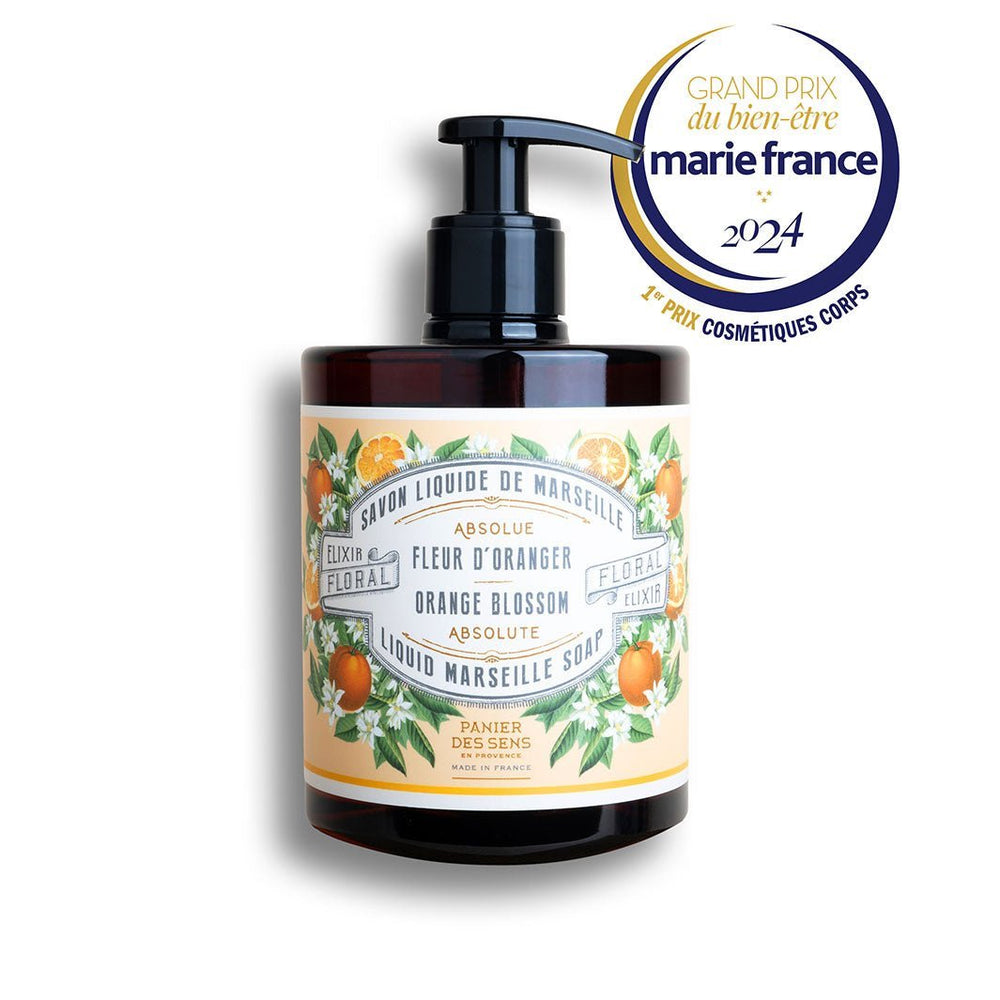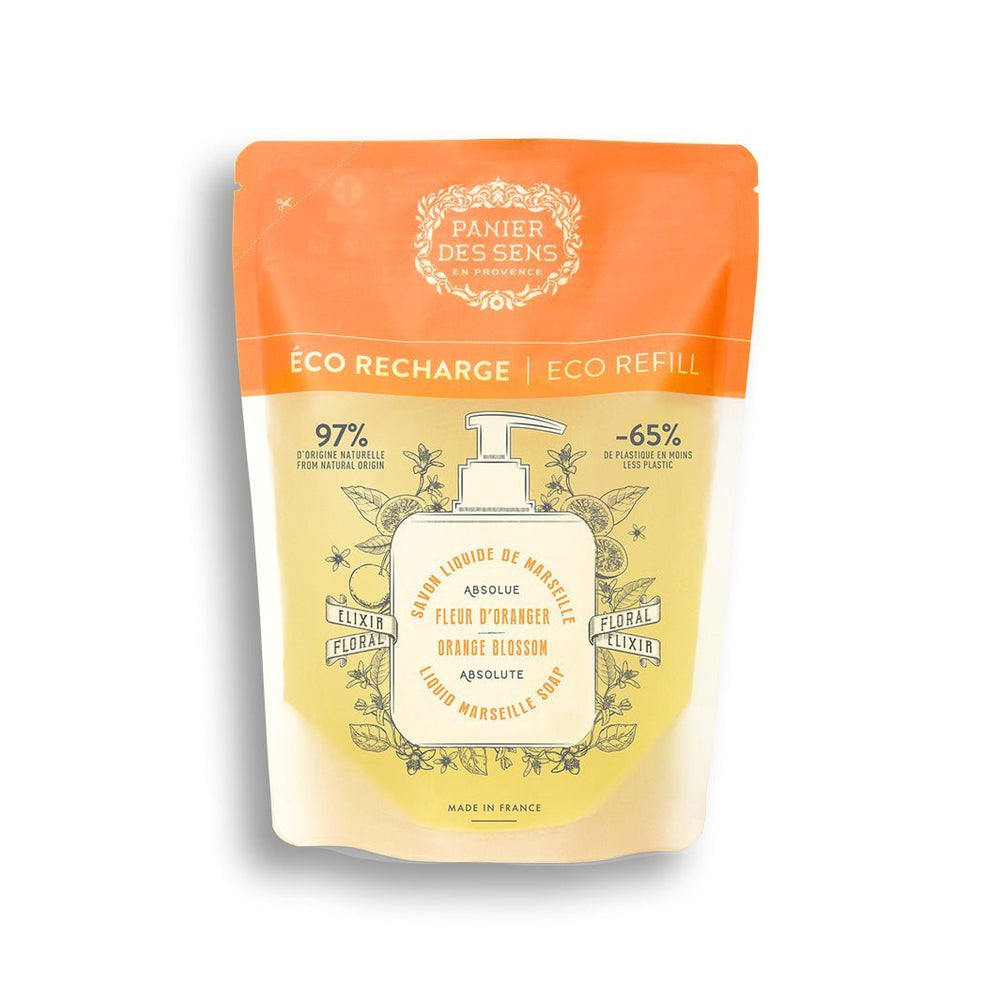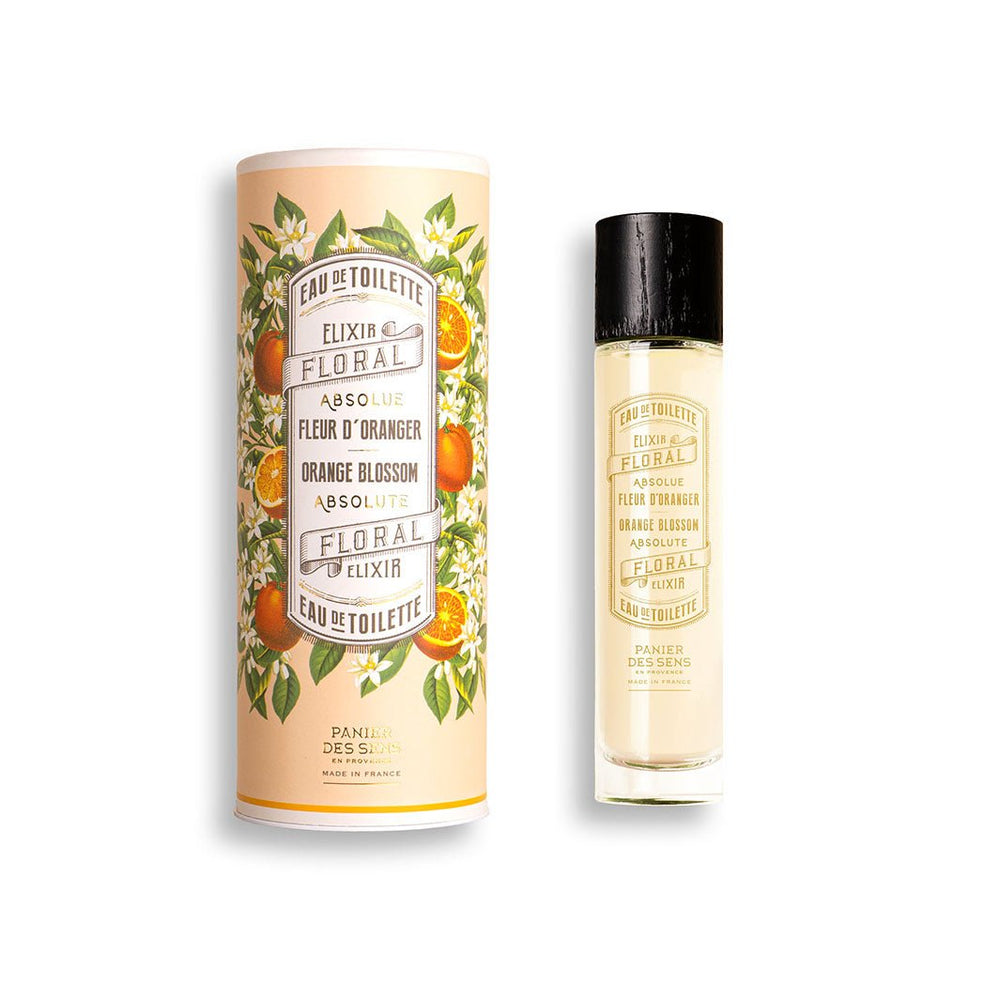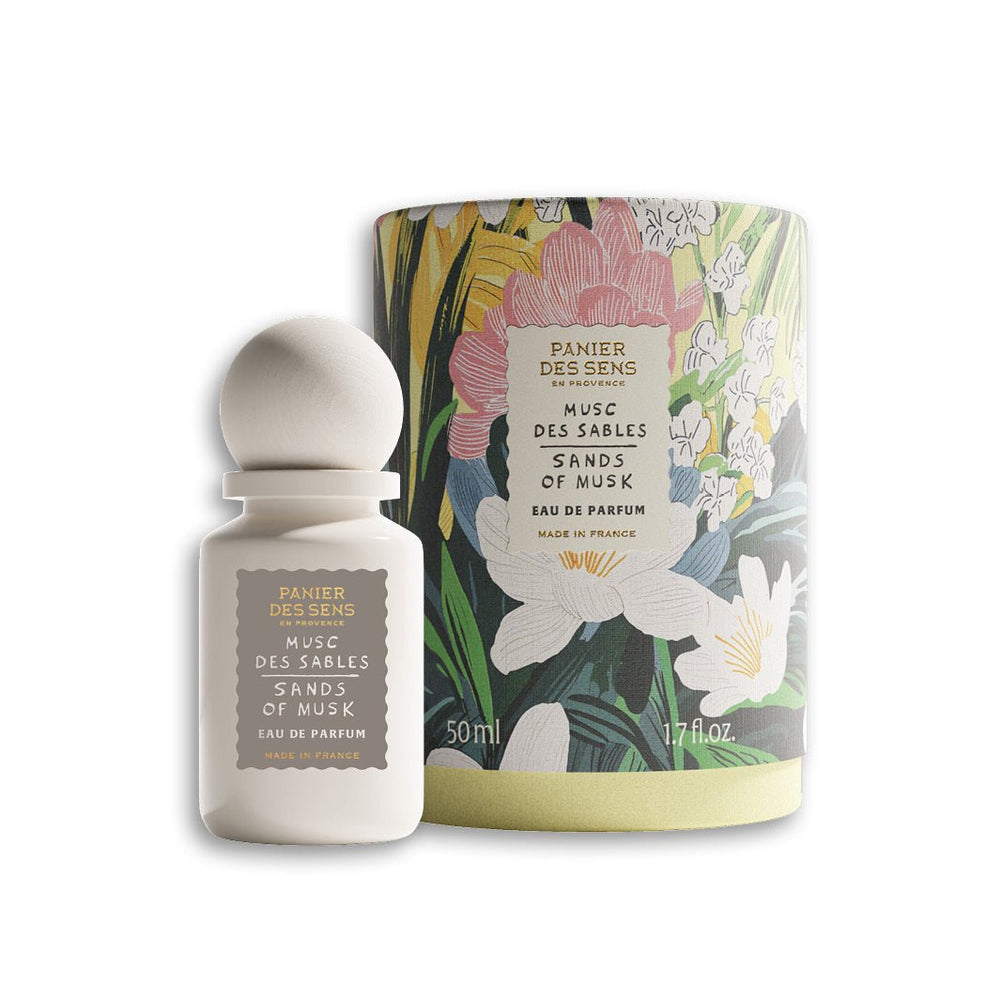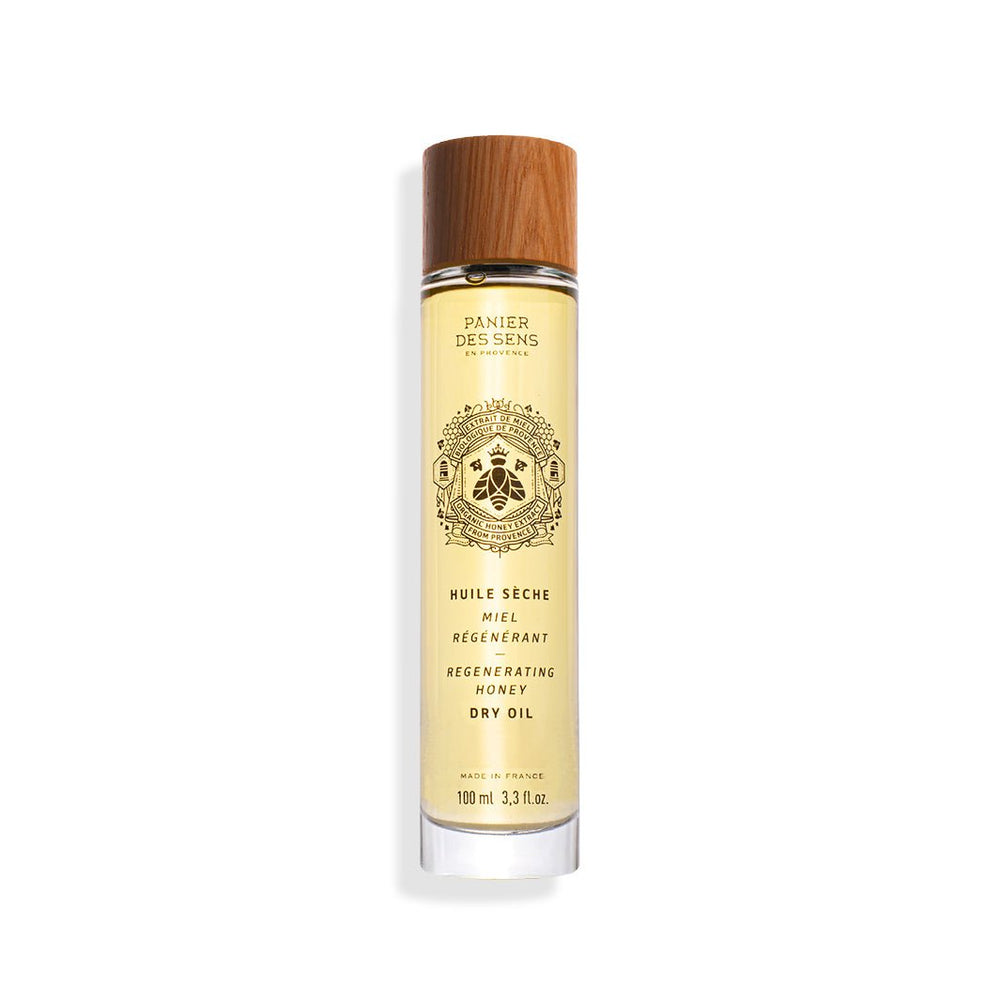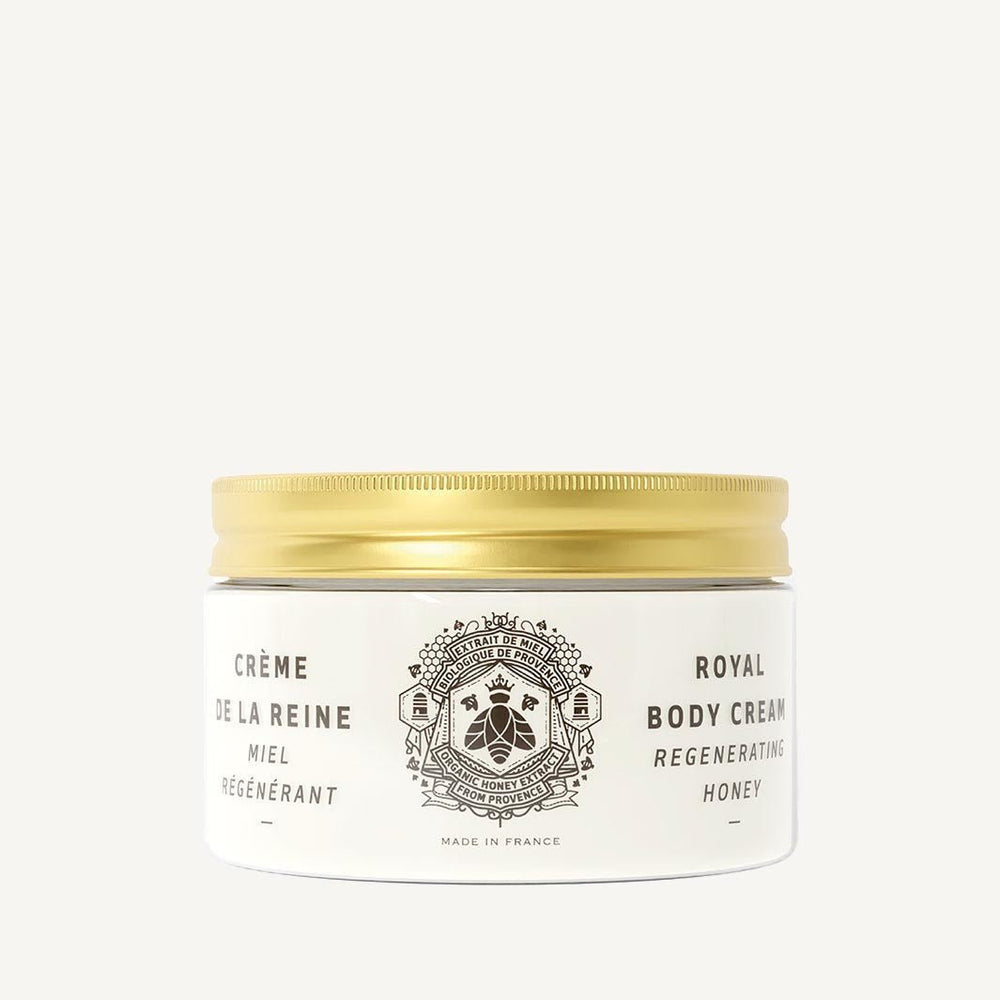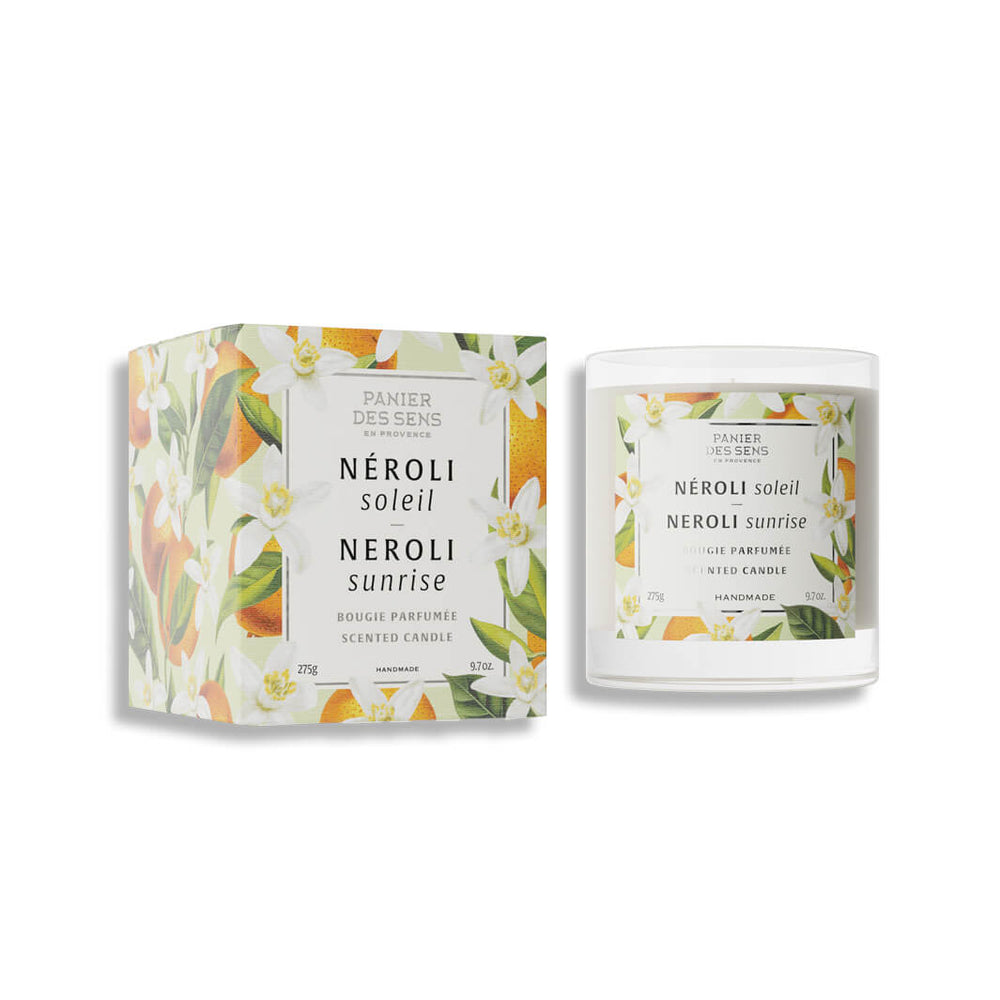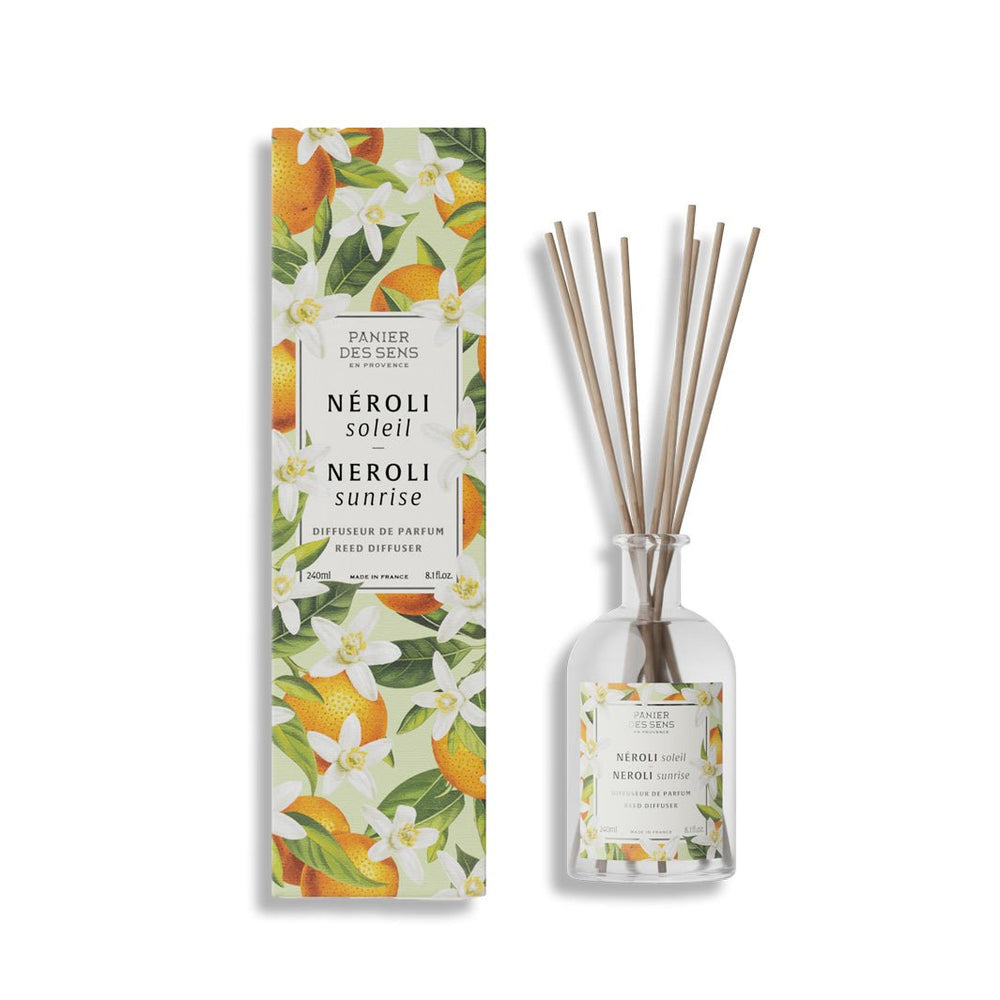Which eau de toilette best suits your skin type?
L'eau de toilette is much more than just a touch of perfume: it adjusts to your skin's unique chemistry to fully reveal its olfactory harmony. But how do you choose an eau de toilette? Different skin types - dry, oily, sensitive - each have specific characteristics and needs. Knowing and understanding your skin type is essential to selecting the perfecteau de toilette .
Throughout this page, discover how each skin type interacts with different olfactory notes. We'll delve into the particularities of each skin type and guide you in making an informed choice. What's more, we'll share practical tips on how to applyeau de toilette optimally, ensuring that your fragrance remains perfect and enchanting all day long.

The different skin types and their characteristics
Dry skin: characteristics and specific needs
Dry skin is characterized by insufficient sebum production, resulting in a feeling of tightness and lack of elasticity. It may show rough patches and flaking. When it comes toeau de toilette, dry skin tends to absorb fragrance quickly, reducing its longevity. To counteract this phenomenon, it is advisable to opt for eaux de toilette richer in essential oils or concentrated extracts. These compositions allow the fragrance to last throughout the day.
Oily skin: characteristics and specific needs
Oily skin is characterized by excessive sebum production, giving a shiny appearance mainly on the T-zone (forehead, nose, chin). This overproduction can impair the olfactory development of fragrance on the skin. Fresh, light notes such as citrus or marine accords are ideal for this skin type. They offer a long-lasting sensation of freshness without becoming heady over time. What's more, these notes balance excess sebum while maintaining a pleasant projection.
Sensitive skin: characteristics and specific needs
Sensitive skin reacts easily to external aggressors such as wind, cold or unsuitable cosmetics. It often becomes red, itchy or irritated. For this reason, it's crucial to opt for eaux de toilette hypoallergenic eau de toilette. Fragrances containing natural ingredients such as rose, lily of the valley or lavender are particularly suitable, as they soothe and protect the skin while offering a delicate olfactory experience.
Choosing the righteau de toilette for your skin type
Eau de toilette for dry skin: which notes to choose?
For dry skin, it is essential to choose eaux de toilette with a high concentration of essential oils. These not only moisturize the skin, but also ensure a long-lasting fragrance. Oriental and woody notes, such as sandalwood and cedar, are particularly well-suited, offering an enveloping warmth that lasts throughout the day. Imagine yourself surrounded by a soft, comforting aura, a veritable olfactory cocoon.
Eau de toilette for oily skin: which notes to choose?
Oily skin benefits greatly from light, fresheaux de toilette . Citrus fruits such as lemon, grapefruit or bergamot provide an invigorating sensation without weighing down your skin's natural scent. What's more, marine or herbaceous accords, such as basil or peppermint, perfectly balance excess sebum while diffusing a lingering freshness. Think of that sea breeze that discreetly accompanies you throughout the day.
Eau de toilette for sensitive skin: which notes to choose?
Delicacy is the watchword when it comes to sensitive skin. Choose hypoallergeniceaux de toilette , free from potential irritants. Natural ingredients such as roselily of the valley or lavender are ideal as they soothe while offering a subtle, refined bouquet. Imagine strolling through a flower garden, where every scent brings serenity and well-being to your fragile skin.
Harmonizing your eau de toilette with your skin type isn't just a question of scent; it's also a subtle way of expressing your unique personality. By choosing the right fragrance notes for your specific needs, you can turn every day into an unforgettable sensory experience.
Tips for applyingeau de toilette according to your skin type
Applyingeau de toilette to dry skin: tips and mistakes to avoid
For dry skin, it's essential to adopt precise gestures to maximize the hold of your eau de toilette. Start by moisturizing your skin with a rich oil or cream. This creates an ideal base for the fragrance molecules to adhere better and diffuse longer. Then apply theeau de toilette to warm areas of the body, such as the wrists, neck or behind the ears. These strategic points allow the fragrance to develop harmoniously throughout the day.
Avoid applying fragrance directly to dry or irritated areas, as this can increase dehydration and cause discomfort. By following these simple tips, you can turn every spray into a sensory ritual.
Applyingeau de toilette to oily skin: tips and mistakes to avoid
Oily skin presents its own challenges when it comes to applyingeau de toilette. To avoid any undesirable interaction between sebum and fragrance, spray lightly onto your clothes or hair rather than directly onto your skin. This not only avoids stains, but also ensures even diffusion of the fragrance without weighing down your skin.
Also remember to choose fresh, light olfactory notes that perfectly complement the invigorating nature of your oily skin. Citrus and marine accords are particularly recommended to maintain this refreshing sensation throughout the day.
Applyingeau de toilette to sensitive skin: tips and mistakes to avoid
For those with sensitive skin, it's crucial to adopt a delicate approach when applyingeau de toilette. First and foremost, always test the fragrance on a small, discreet area to make sure it doesn't cause an allergic reaction. If no problems are noted after 24 hours, you can apply the fragrance sparingly to the usual areas such as the wrists or behind the ears.
Select eaux de toilette formulated with soothing natural ingredients such as rose or lavender. Avoid perfumes containing potentially irritating ingredients such as preservatives or synthetic colorants.
The correct application of fragrance not only subtly evokes your presence, but also ensures that each scent is a true olfactory pleasure without compromising skin comfort.
We recommend these other pages:
- Can I test an eau de toilette before buying it?
- What are the best eaux de toilette for every season?
- How do you determine the ideal fragrance concentration for an eau de toilette ?
- How do you choose an eau de toilette to suit your personality?
- How can you identify the olfactory families that best suit you?
- Is there a difference between eau de toilette for men and for women?


